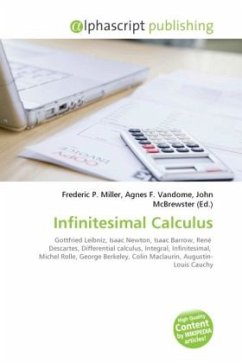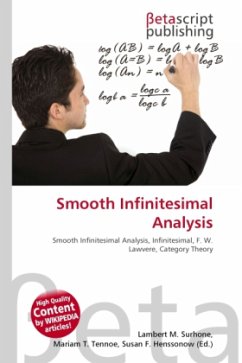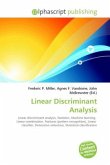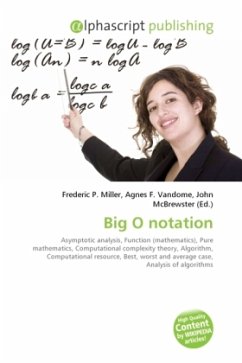Infinitesimals have been used to express the idea of objects so small that there is no way to see them or to measure them. The word infinitesimal comes from a 17th century Modern Latin coinage infinitesimus, which originally referred to the "infinite-th" item in a series. In common speech, an infinitesimal object is an object which is smaller than any feasible measurement, hence not zero size, but so small that it cannot be distinguished from zero by any available means. Hence, when used as an adjective, "infinitesimal" in the vernacular means "extremely small". Before the nineteenth century none of the mathematical concepts relating to infinitesimals as we know them today were formally defined, but many of these concepts were already used. The founders of calculus Euler, Leibniz, Newton, Cauchy, and many others calculated with infinitesimals and achieved correct results even though no formal definition was available. For comparison one should note that there was no formal definition of real numbers at the time, either.
Bitte wählen Sie Ihr Anliegen aus.
Rechnungen
Retourenschein anfordern
Bestellstatus
Storno








